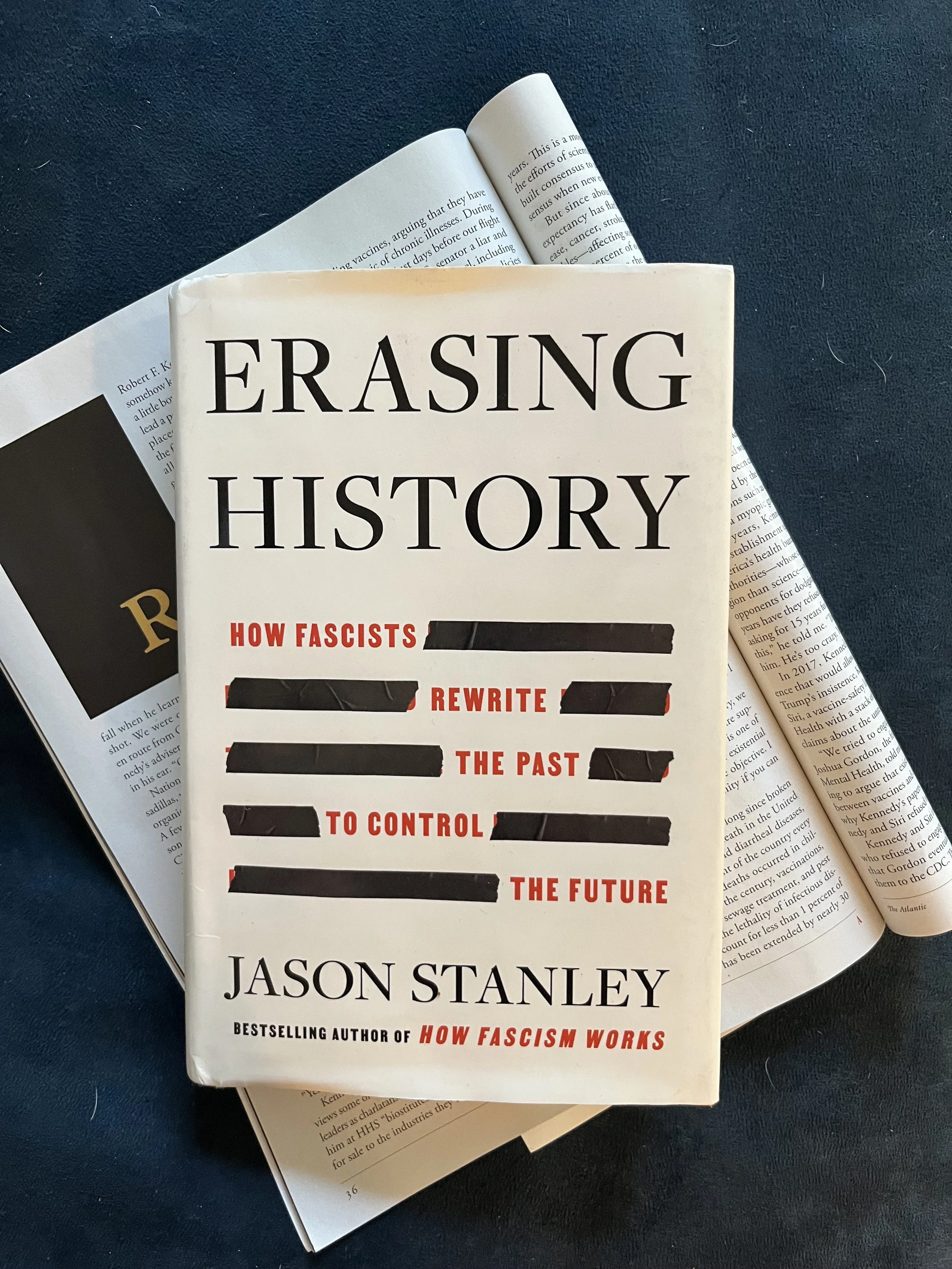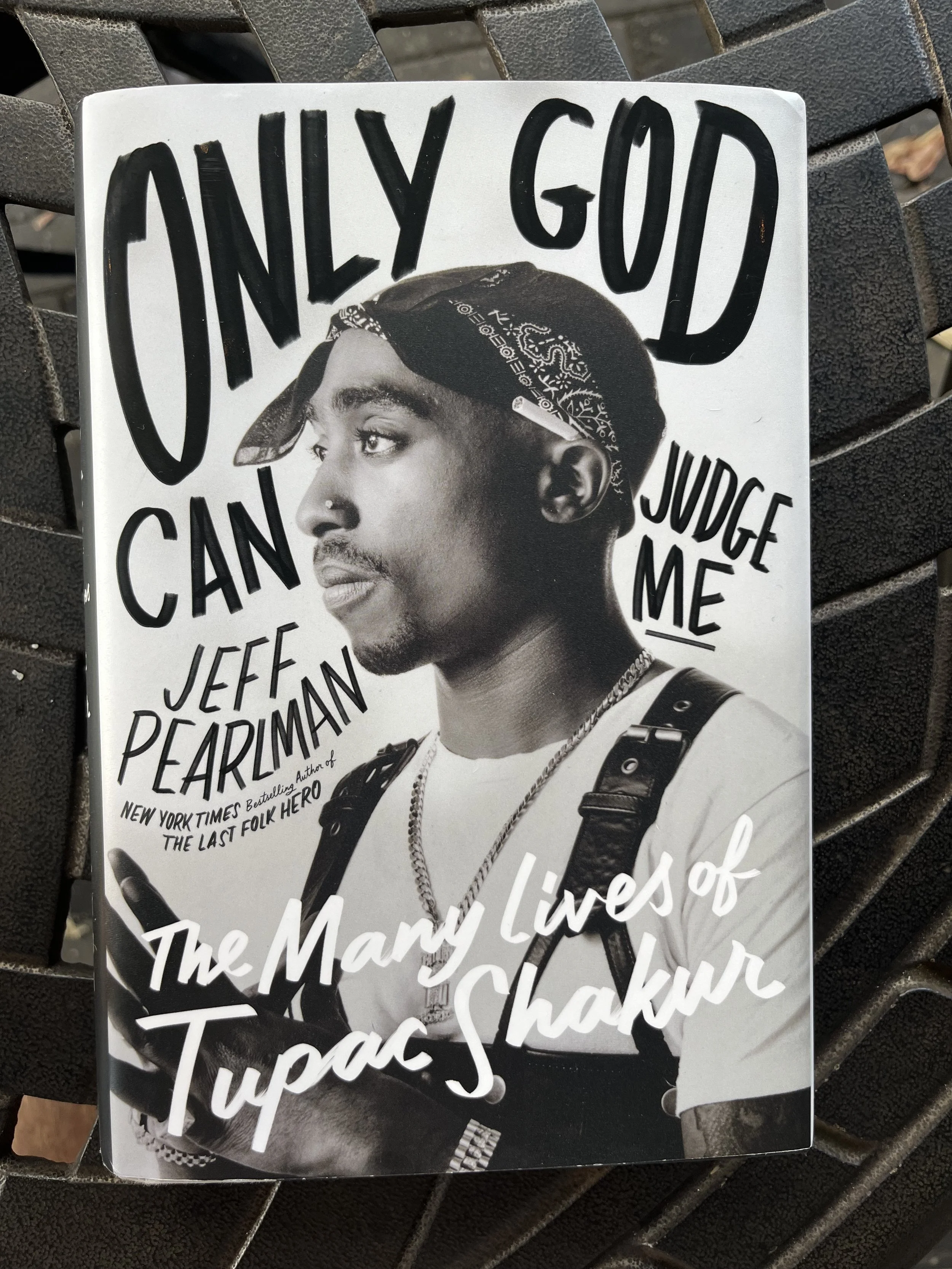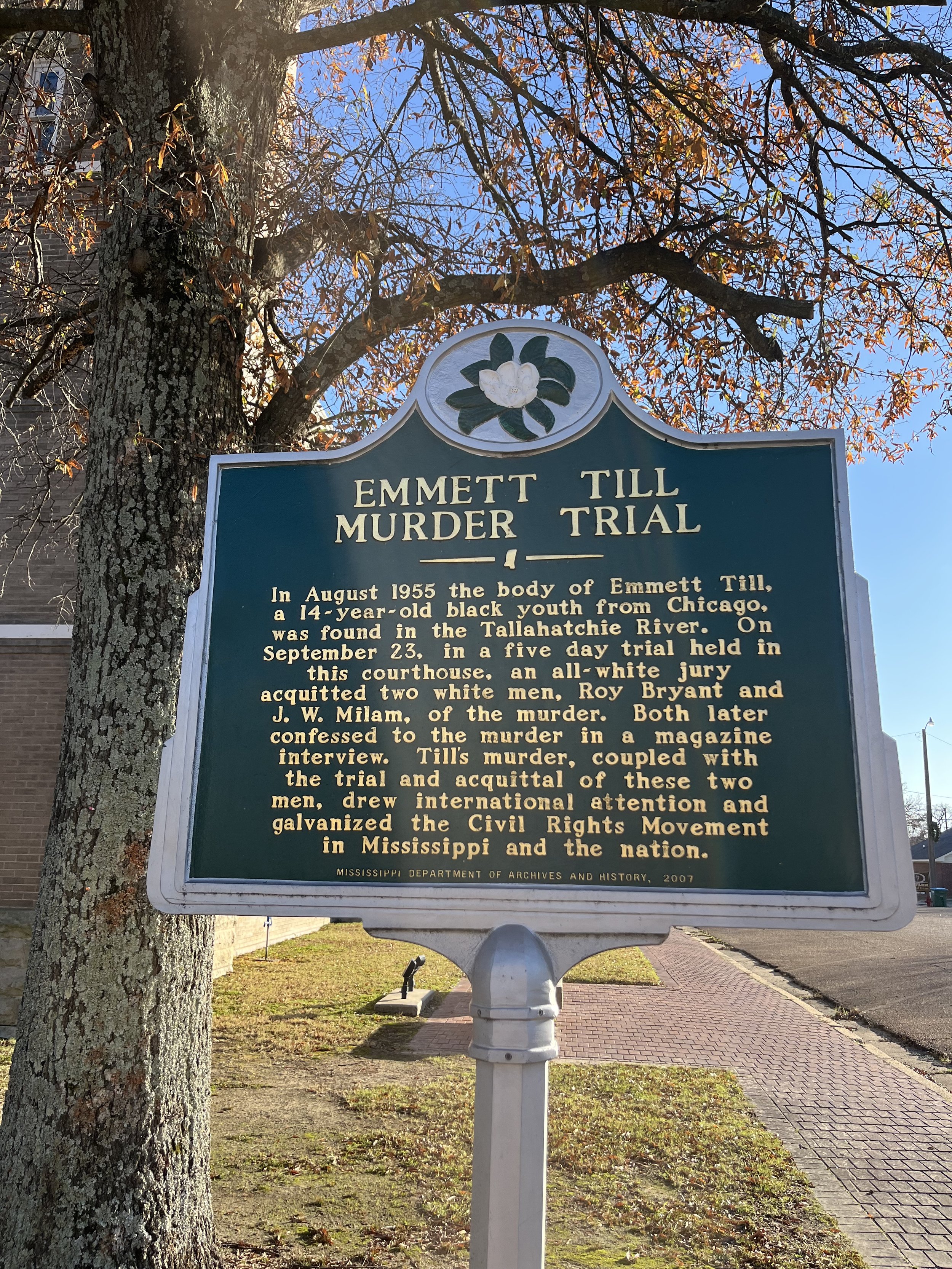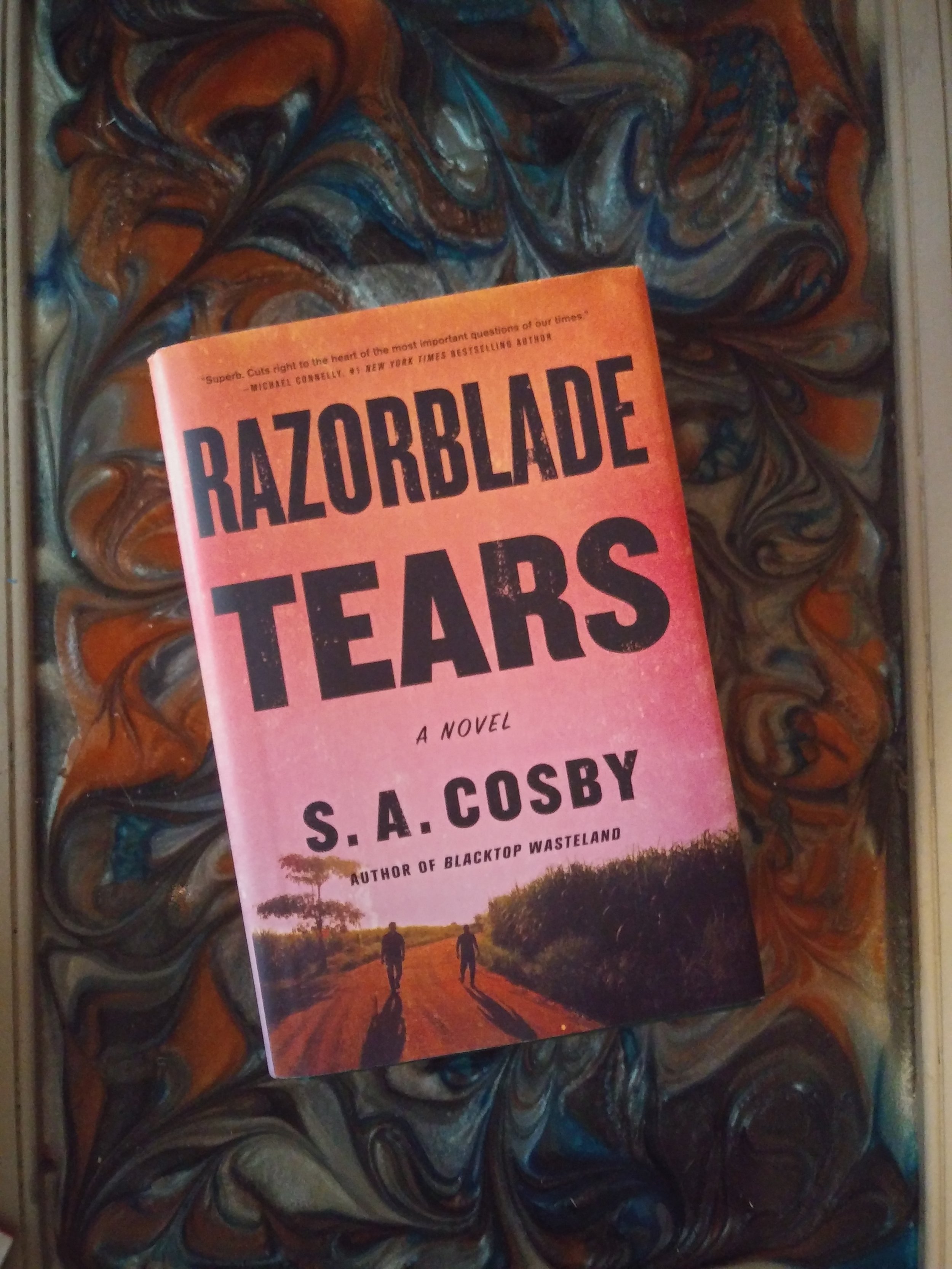Last month I was called into the principal’s office for a closed door meeting with my boss and his second in command. I teach civics to seventh graders. We’re not telling you what to do, they tell me. But, a couple of parents have complained about your use of current events in class. Y’all, I teach civics. In 2025. At a time when the President of the United States is a man who tried to overthrow the government almost five years ago.
The same man is now occupying U.S. cities with the American military. How else am I supposed to teach middle schoolers how government works and doesn’t? You think stories about Nixon are gonna hook them?
For almost sixteen years I have been a public school teacher in the State of Florida. The experience has always been tough sledding. Parents meddling but not engaged. Shifting regulations. More work than time. Mountains of paperwork. All that said, I love the work.
Few feelings top that of seeing a light bulb go off for a kid. Even fewer beat when you see a kid who gave you hell out in the world years later and they thank you. I will probably always do this work despite how difficult it makes paying the bills.
Public school teaching is as important as work can get, yet we are among the most disrespected of professionals. Sure, folks give lip service in support of education. “Thank you for what you do” and “I could never,” they say, then they go out and vote for someone who is going to cut our funding and make our jobs more difficult.
That admonition in the principal’s office was not the first time I have felt the effects of fascism in the classroom, but it was the most chilling. Sometimes I have to take a step back and wonder if I am overreacting to our current political reality. It is important not to throw words like fascism around without clear evidence.
The evidence is overwhelming in Florida. Governor Ron DeSantis aggressively pushed for legislation he named the Stop WOKE Act, which has had a chilling impact on the day to day work of teachers. The 1619 Project, an essential work that I used to teach about systemic inequality in my classes, is banned in the “Free State of Florida.” Things have devolved into authoritarianism to the point that I am on notice for using current events in my civics class.
““be careful””
Some of you are old enough to remember current events being required in school. Your social studies teacher would require you to cut out an article from the newspaper and write a summary of it. Now teachers are being admonished to “be careful.” That is what my boss said. Be careful with these current events you are introducing to our kids. They might upset Dear Leader.
In the very first chapter of his excellent book Erasing History: How Fascists Rewrite the Past to Control the Future, Jason Stanley points to Florida as an example. He writes, “The state of Florida is an example, in the United States, of what we might call educational authoritarianism, a strategy in which politicians restrict the knowledge that educators can convey, with the goal of intimidating them into spreading an anti-democratic ideology.”
““The state of Florida is an example, in the United States, of what we might call educational authoritarianism, a strategy in which politicians restrict the knowledge that educators can convey, with the goal of intimidating them into spreading an anti-democratic ideology.””
Reading this book in the context of a difficult school year lit a fire in me. I have wanted to step away from education for financial reasons for years, but I remain because this is the way I fight fascism. By showing students the truth, without editorializing, I am engaged in an act of rebellion. Which I say not to pat myself on the back but in hopes that folks realize the urgency of the moment.
Kids are more flippant with racist comments than they were ten or twelve years ago, and that problem is getting worse. Administrators are afraid to address the issue because they may draw the ire of decision makers. Teachers are afraid to do much more than verbalize discontent with racist language for fear they will be seen as indoctrinating kids.
The rise in racism among kids is no accident. Kids need adults to lead. When the leaders at the highest level of government are racist, that example impacts a generation.
I grew up conditioned to be racist. Racism was taught in Sunday school and my home. I have worked hard in adulthood to combat that programming and strive for a more just world. Prior to 2016 a more just world felt inevitable. I had a class of all Black students and our class theme was “Fight the Power.” We listened to Marvin Gaye and Public Enemy. Dissected the lyrics of Bob Dylan and Rage Against The Machine. These days, that commitment to critical thinking would get me fired by second period.
Erasing History does not exactly leave me filled with hope but it is a validation of the urgency I have felt for the last decade. The plane has crashed into the mountain. What do we do now?
I have been harping on community for the last year. Let’s read books like this and Timothy Snyder’s On Tyranny together. If you have yet to read The 1619 Project by Nikole Hannah-Jones, remedy that as soon as possible.
Erasing History lays it all out in clear language. Fascism has come to America but it does not have to stay.








